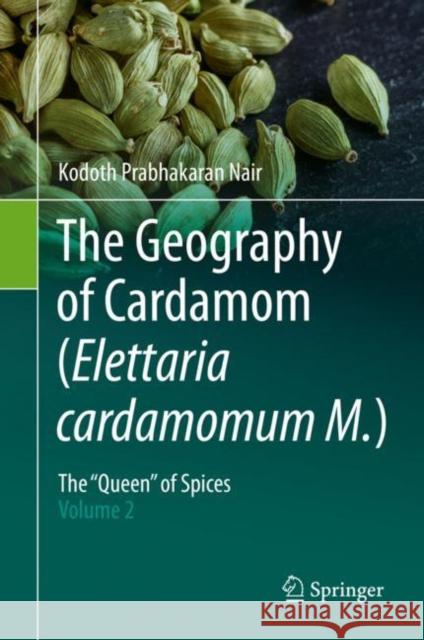The Geography of Cardamom (Elettaria Cardamomum M.): The Queen of Spices - Volume 2 » książka
topmenu
The Geography of Cardamom (Elettaria Cardamomum M.): The Queen of Spices - Volume 2
ISBN-13: 9783030544737 / Angielski / Twarda / 2020 / 352 str.
The Geography of Cardamom (Elettaria Cardamomum M.): The Queen of Spices - Volume 2
ISBN-13: 9783030544737 / Angielski / Twarda / 2020 / 352 str.
cena 403,47
(netto: 384,26 VAT: 5%)
Najniższa cena z 30 dni: 385,52
(netto: 384,26 VAT: 5%)
Najniższa cena z 30 dni: 385,52
Termin realizacji zamówienia:
ok. 22 dni roboczych.
ok. 22 dni roboczych.
Darmowa dostawa!
Kategorie BISAC:
Wydawca:
Springer
Język:
Angielski
ISBN-13:
9783030544737
Rok wydania:
2020
Wydanie:
2020
Ilość stron:
352
Waga:
0.63 kg
Wymiary:
23.11 x 19.56 x 1.27
Oprawa:
Twarda
Wolumenów:
01











